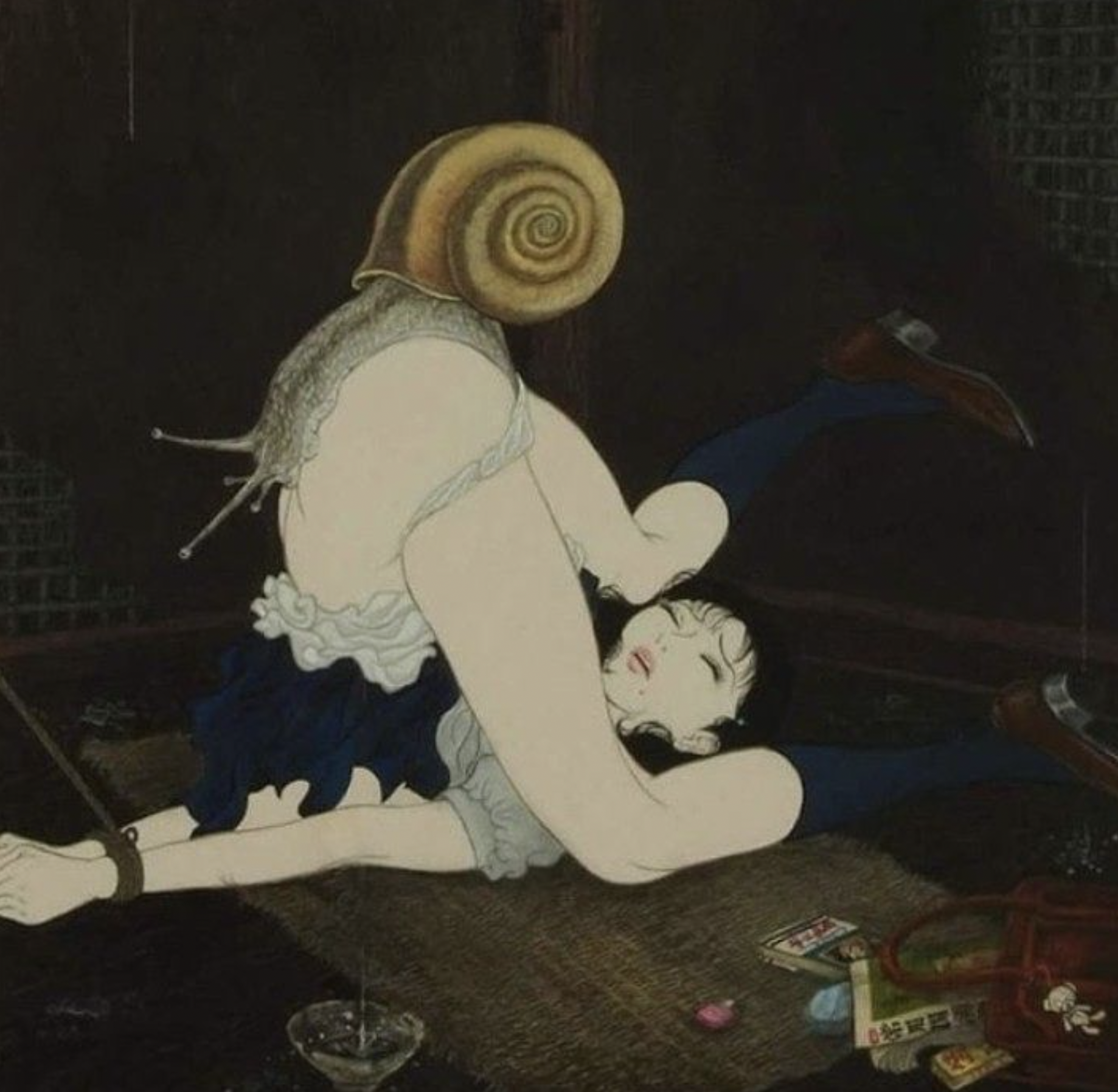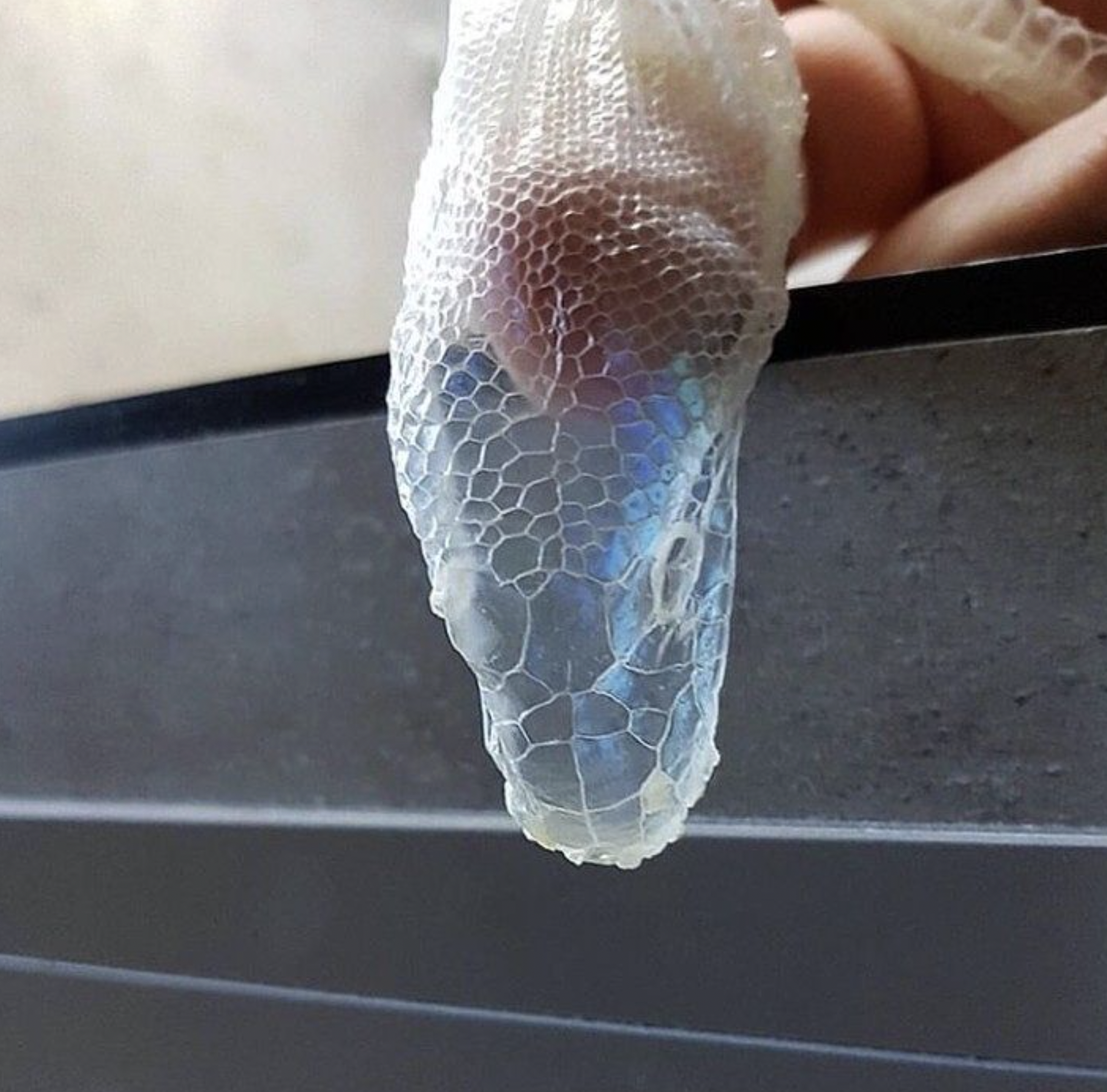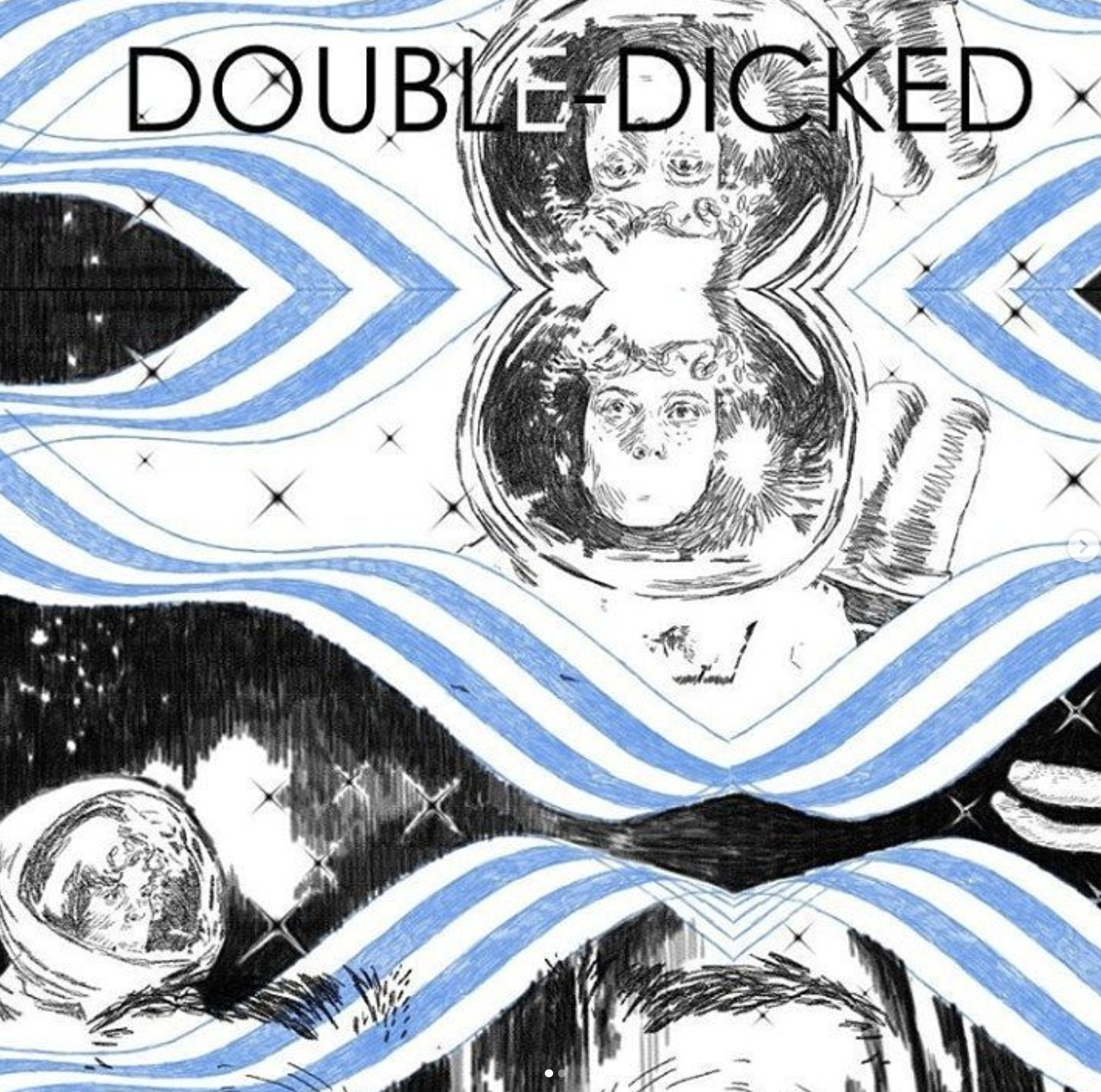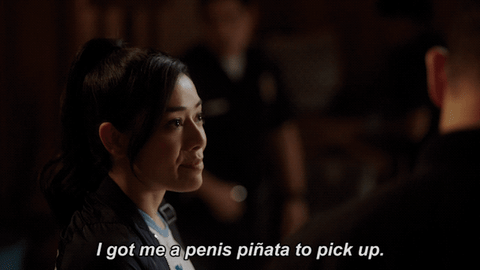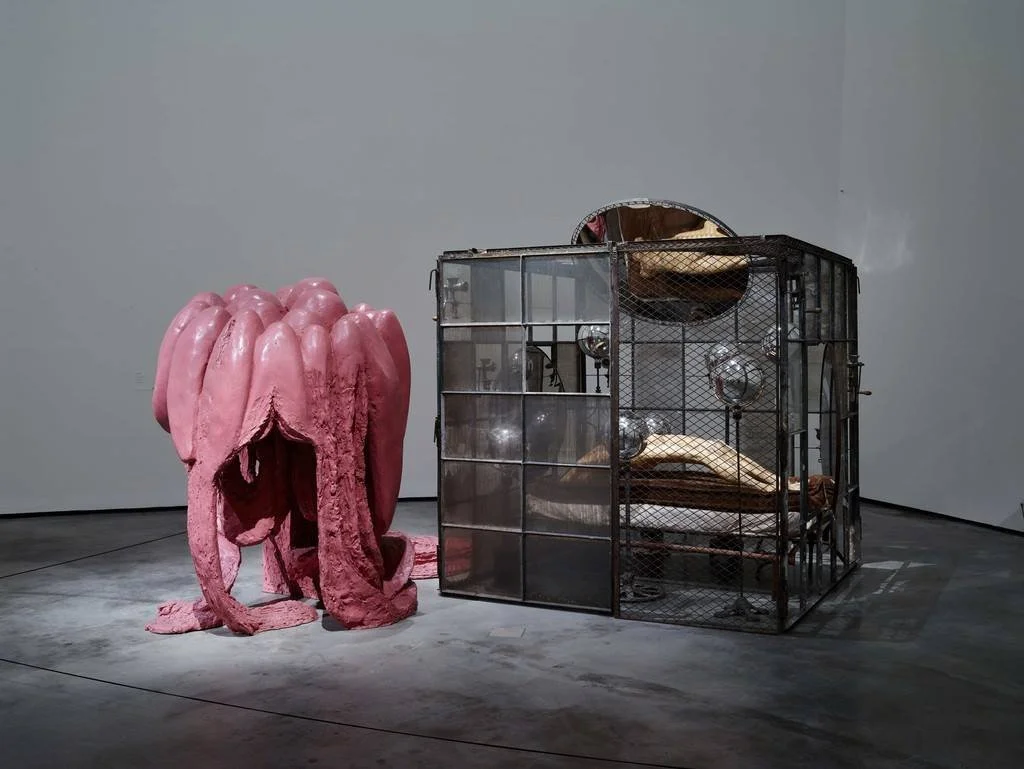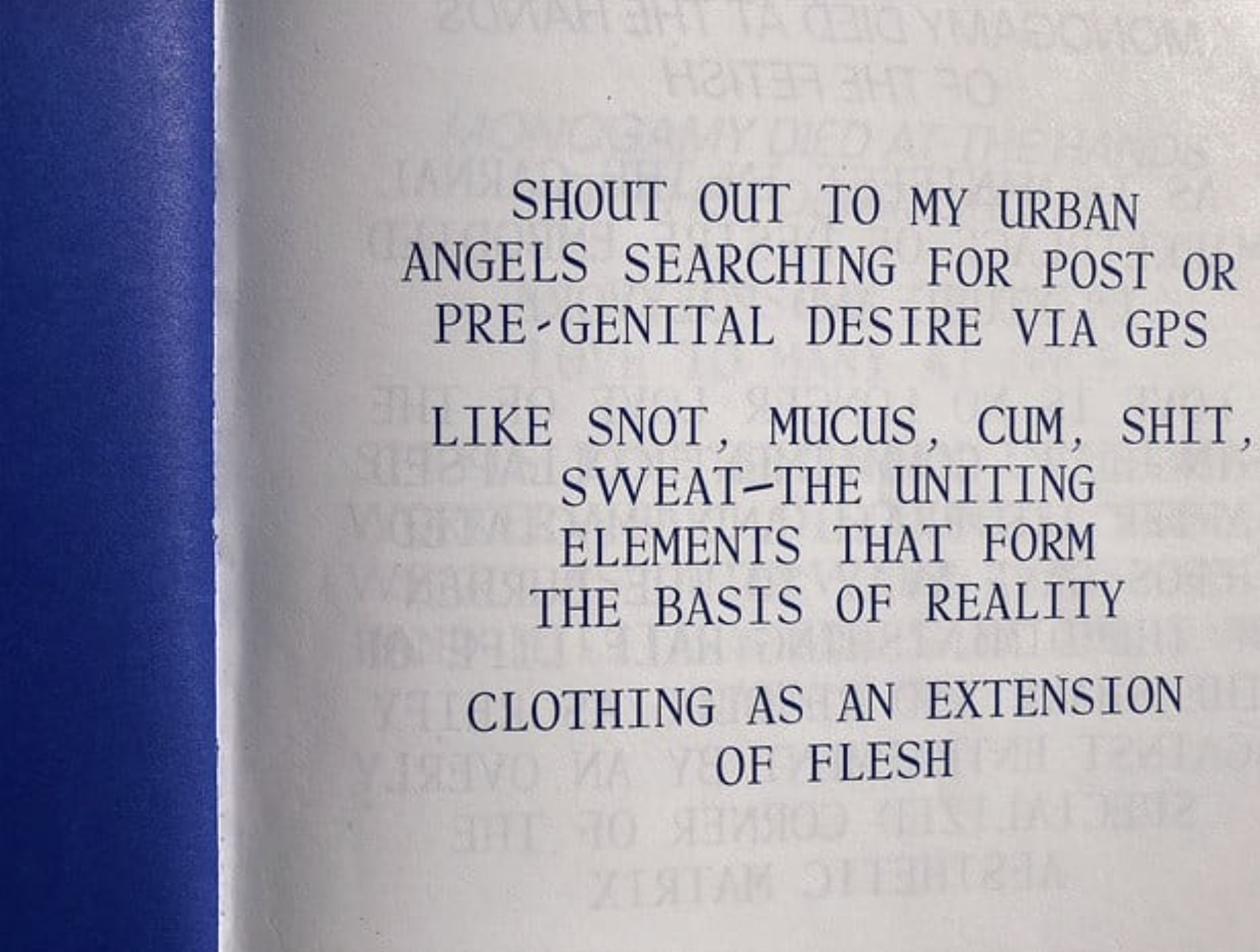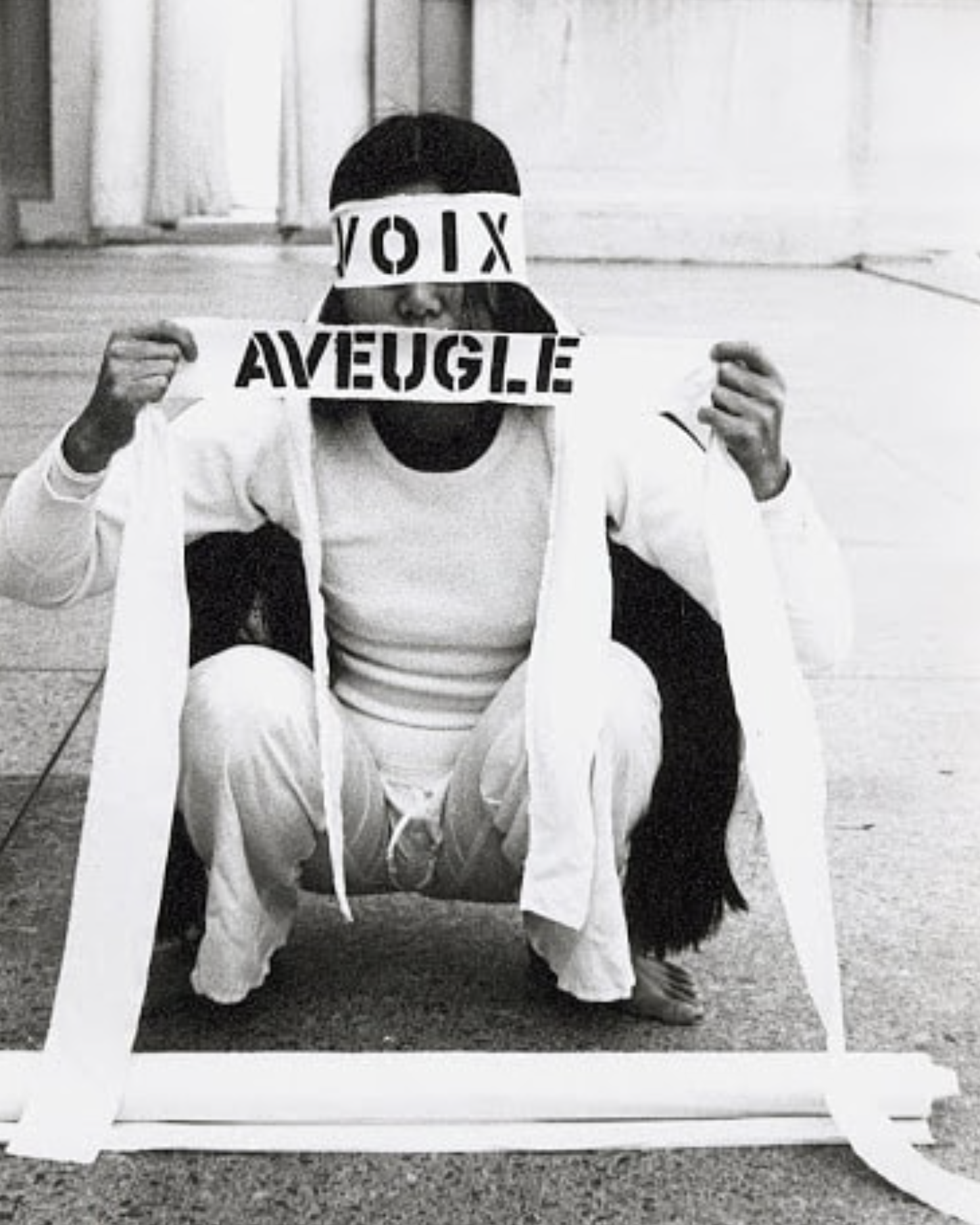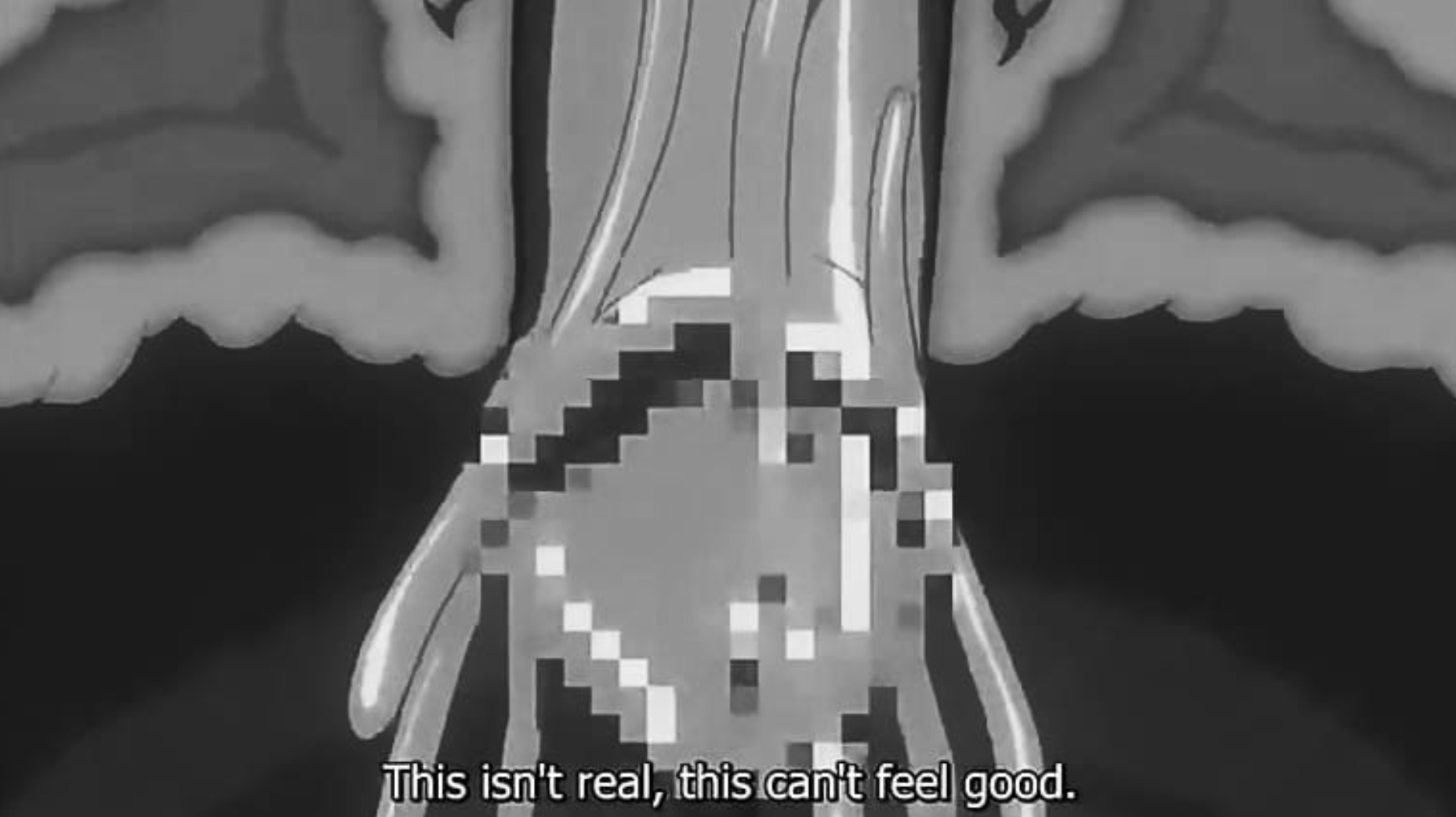#sessionone
First, a disclaimer: so as to not overwhelm inboxes this summer, and if you haven’t already, let me know if you’d like to participate in #postdildo #readinggroup. No response means no.
Last night, with a few texts as our guides, we talked about making space together; yearnings for something other with others; childhood play; losing baby teeth; conducting an interview with ourselves; bad metaphors (i.e., borders); bad ableist metaphors (i.e., sometimes you have to close your eyes to imagine); catholic nuns; the dildo as a feminized subject; the dildo as a relation (and any technology for that matter i.e., a vacuum cleaner); how things and people enter into relation(s); all the ways in which a dildo is not a cock; sex work is work; the erotic (i.e., what is it? love, affection, sex? thermal conduction? a relation with the propensity to take on forms of violence against feminized and racialized subjects? Power?); hemlines; the problem with identifying with queer theory/movements as "being queer"; theoretical neurosis; anxieties about being replaced by a dildo; reconciling our fantasies outside/within the violence of white supremacist patriarchal capitalism; an undescribed kinky scenario; regressive (white) feminism(s); "too cool to critique" queer theory; and, how the article has no anus. And no mouth, for that matter.
We’ll meet next Tuesday, July 3rd at Access Gallery (222 E. Georgia St) for the second session between 7 and 10pm. Light refreshments and snacks will be provided.
Any updates to the readings can be found here. The reading folder is here.
Participating long distance is encouraged and anticipated. This also goes for those in so-called Vancouver who are unable to attend in person. No sessions will be Skyped nor recorded. Long distance participation can take on a variety of forms: poem, statement, manifesto, video, noise, ceramic, etc. If you’d like me to share anything with the group let me know, otherwise it’ll be kept between us and/or solely with yourself.
One more thing: last night I handed out index cards for each of us to individually write out demands/wants/needs from the space we’re producing together. My intention is to collect and transcribe these, all while maintaining everyone’s anonymity (i.e., no need to write your name on it), in order to assemble and fashion an agreement/contract/threshold. My other intention is to consider this exercise as a means to hold ourselves and others accountable. The agreement/contract/threshold (we’ll figure out what it is when we’re there) will be something we’ll return to throughout the remaining sessions, with opportunities to edit, add to, burn, poke, question, interrogate, adore, etc. My request is that you bring/send something written to contribute and we’ll go from there.
Another thing: next week's readings warrant a trigger warning as they concentrate on the #metoo movement, sexual violence, hysteria, and sexual fantasies. Please be considerate and thoughtful while participating, i.e., mind how much space should be allotted to others.
Thanks to all who have been in support of this project.
~Danielle
#sessiontwo
One possible assemblage for this week’s readings looks like this: In “Maso and Miso in the Land of Men’s Rights” Lebovici and Zapperi contend with a few notable and prominent, but not worth naming here, French women who took issue with the #MeToo movement for promulgating women’s victimology, denying [French] men’s fundamental right, as it is their nature, their biological leanings, to “bother” women. To deny men of this right not only denies their sovereignty, but, most importantly, their genius. Consequently, to deny male genius curtails any possibility for anyone to be adequately heard.
How deep is your voice? How “complete, smooth and exact”? Did you know voters go for deep-voiced males? The sound of a leader.
I included this text to have us consider which texts, which voices we turn to lend us understanding and knowledge.
Who can and will and does defy such a capacity to provide such an ordered history? The hysteric. In “Hysteria Manifest:Cultural Lives of a Great Disorder,” Przybolo and Mason ask what the hysteric looks like now, divulging a fever drive for knowing the nowness of the hysteric. HYSTERIA IS ONE OF THE WAYS A SUBJECT UNCONSCIOUSLY REBELS AGAINST THE PHALLIC-OEDIPAL CULTURAL FORECLOSURE OF THE MATRIXIAL LINKS TO THE M(O)THER IN THE FAMILY, IN THE SOCIETY, AND IN THE TRANSFERENCE; IT IS A MODE OF SUBVERSION AND RESISTANCE (10).
Hysteria and its hosts elicit scrutiny from all those who subscribe to male genius. (We all do, in variegated ways, and this is the radical root of the problem.) The hysteric is a dangerous figure because they not only have the potential to temper the two-fisted tone of male genius that occupies such spaces as the lecture room, the doctor’s office, the art opening, etc. but time itself. IF “FORGETTING OCCURS WHEN REMEMBERING IS UNBEARABLE,” THE HYSTERIC TAKES A VISCERAL REMEMBERING. THE HYSTERIC IS “BEFORE AND EVERYWHERE” (14).
Hysteria unblocks trauma. It can make it uncomfortably public, necessarily so.
While inhabiting the power to resist mastery, the hysteric [the killjoy?] carries within themselves, what Beth Lowther also aligns women as carrying within themselves, “a virus” meaning “the possibility of their own deaths inside them” (18). People are murdered, are caused all kinds of harm, because of how they want and need to fuck. How they don’t want and need to fuck. How they sashay their bodies. Who they want and need to kiss. Who they don’t want and need to kiss.
Let’s not be against pleasure. We can still, of course, question and critique where our fantasies, our pleasures derive from. A wise human once wrote me how BDSM, at its best, “is based on trust and facilitating needs, things someone wants that are fully consensual.” In many cases a rape fantasy, for example, can be “the only way a person can reach orgasm.” However, if my sexual fantasies are to be on the chopping block in order to make even an inkling of revolutionary social change, I’ll consider it.
Let's still not be against pleasure.
In “Letter from a Trans Man to the Old Sexual Regime,” Preciado calls for desires to be transformed, that we must learn how to desire sexual freedom. COME TO GRIPS WITH YOUR SHADOWY SIDE, he says, AND HAVE FUN WITH IT, AND LET US BURY OUR DEAD. The fantasies of the old sexual regime are fucking boring. ENJOY YOUR AESTHETICS OF DOMINATION, he continues, BUT DON’T TRY TO TURN YOUR STYLE INTO A LAW.
Next week is session three. We meet on Tuesday, July 10th. The reading list is here. And the reading folder is here. We’ll meet again at 222 E. Georgia, but this time from 630pm - 930pm.
Again, feel free to send me anything you’d like to share with the group or otherwise.
(If you’ve somehow wound up on this list and don’t want to be on this list let me know. Thanks.)
#sessionthree
For Session One we established the dildo as a relation. Session Two addressed how relations are (in-)formed by the violence of male genius, of whiteness, of class inequities. While nothing is new anymore, if anything ever was, it bears repeating that when I speak of “ideology” I embody the logic of a wife killer just as when I sing “Oh Canada” I’m singing along to the tune of genocide.
Session Three’s texts related to not only modes of communications (or lack thereof) but to how we know (or unknow/notknow) relations with others (the Other). If Session Two was about an ideological paradigm in the way the fabric of any relation reproduces white supremacist patriarchal capitalism, Session Three’s texts, then, assessed what is to be done with said relation given its determinancy, given its potential malleability beyond any imposed script (i.e., national identity, wedding planning, careerism).
How do we currently participate in forming relations with others (ourselves) and how do we (or don’t) communicate these yearnings for alternatives with others (ourselves)? I wanted us to start with Laure’s Collected as she’s too often neglected in shaping and influencing Bataille’s ouvre, notably his “musings” on the sacred. Bataille posited the irrational sacred against the rational profane, the former resisting any homogenous social structure or knowledge. For Laure, and much to Bataille’s enthusiasm, the sacred entailed naked communication, a kind of communication that was beyond all else sincere and imbued with the capacity to move. She writes, “don’t communicate a thing to those who cannot be moved” (94). (And what if you yourself cannot be moved Laure? How did you decifier when those were moved?)
Laure’s reminiscing of pre-sacred speech, that is the type of childlike speech that has yet to become profane and smooth, become-adult, brought me to thinking about Lee Edelman’s queer refusal of reproductive futurism, in other words, refusing the image of the child that needs protecting. My contentions with Edelman have to do with the whiteness of this protected child that’s never explicitly stated in No Future (it wasn't on the list of texts btw) - there is no guarantee of safety, of protection, for children of colour.
The dialogue between Berlant and Edelman dismantle these scripts, without necessarily providing any of us with an alternative script in which to recite, to embody. SEX WITHOUT OPTIMISM ISN’T FORCED. After the critical implosion of profane scripts we’re left with Berlant’s “muddled middle” and Edelman’s “dedramatized story.” They turn to sex because sex “is a locus for optimism, is a site at which the promise of overcoming division and antagonism is frequently played out.” Specifically for Berlant, optimism, or what she calls “cruel optimism,” is where the fantasmatic projection of any supposed promise of the good life under late-capitalism is proven either suspect or faulty. Maintaining the good life is empty at best if it doesn't kill you. Negativity, for both Berlant and Edelman, signifies a resistance to or undoing of the stabilizing frameworks of coherence imposed on thought and lived experience. Optimism is precisely what halts Laure from communicating, is precisely what prevents those from being moved.
Zupančič enters the assemblage as she too assesses the production of new ontologies, turning to sex as it is “a concept that formulates a persisting contradiction to reality” (3). At this point I’m visualizing a grab bag of resisting materials that contradict reality so as to live differently. In this grab bag you’ll find a dildo, a red marker, and an openly self-identified rich comrade. Let’s pool resources as readily as some pool fluids.
Zupančič had me rethinking how we become adults, much like how relations are (in-)formed, and how we sever ties with the child (and childhood sexuality)(our inner child) to become-adult. It had me thinking about Lacan’s concept of “lack” as not only relating to desire but to negativity. A kind of negativity that has to do with loss. When a non-relation is still a relation, what makes it so is how a lack (a “non”) is substantially felt. And maybe this negativity is precisely what prevents us from knowing, from communicating, because it makes clear how that lack, that loss, is not a remote possibility but an ever-present and current reliability, an unavoidable element of relating.
This lack, this loss, this negativity can produce cynicism, what Laure would deem not sacred. It produces protection too, the kind of armour you take with you on a Tinder date not the barricades. Aren’t we all just trying to protect what’s left?
Meanwhile Byung-Chul Han misses his friends, his lovers. Eros. The friend of wisdom. While Google has put an end to theory, maybe there is a part of theory that needs to be put to sleep. Or maybe the privilege of theorizing, as Aja mentioned, should be more acknowledged than it is. Without Eros, thinking is merely additive, just more noise, more information, data on data. More avocado on toast. I think a way to read Han is to situate his writing within the very substantial, very material, realm of loss, of lack. The muddled middle. When he departs from this impasse, however, pay attention to what’s in his grab bag: Immanuel Kant or Fred Moten? Bataille or Laure? Lee Edelman or Hortense J. Spillers?
We’re taking a hiatus, meeting next on Tuesday, July 31. The reading list is here. And the reading folder is here. We’ll meet again at 222 E. Georgia, from 630pm - 930pm. I have us slated to read and discuss Marian Engel’s Bear for this session. For those who want to join me in reading this text out loud, I’m planning on either bring a transitional blanket to Woodland Park or Third Beach, weather permitting, on Wed, July 25 from 6-930pm.
Bye.
Danielle.
#sessionfour
Everything has been leading to Bear.
Where previous sessions forefronted hegemonic scripts that impede capacities to relate and communicate with the other, this grouping of texts explicitly materialize encounters and relations between human and animal as a way to move beyond said scripts, accentuating anthropomorphic tendencies that say more about our own psyches than our purring beasts. I wanted us to start from animal relations as an entry point to discern how we project onto others traits and qualities much the same we project intentions and emotions onto animals. What I’m questioning is the manner in which we read signs we receive from others as their muddled by our own projections, and how such perceptions impede, expand, transform, and/or destroy relations (comradeship) with others.
What I liked about these readings was how animals provided contemplative space to think through relations and dynamics that, let’s say, a critical viewing of a Miranda July film could never even dream of getting close enough to. Lee Edleman and Lauren Berlant were particularly hesitant when offering an “alternative” script because, and I’m imposing here, of how new, alternative scripts reproduce old, hegemonic scripts. On the one hand, I see how such hesitancy is necessary, it calls for more consideration and accuracy so as not reproduce old, hegemonic scripts, but it’s also what feeds apathy and complacency, neither of which are necessary. (Something to do with a theory of prevention, a theory that prevents reproduction needs to be written.)
I liked how the articles were able to talk about a plethora of things all at the same time. Elizabeth Grosz begins with her unease of confession, employing two men to speak through, dispelling female pleasure and the way it’s bound to men, rather than through her own sexual experience, her own body. She writes how intensities charge encounters, whether they be sexual or otherwise, and how carnal experiences are fundamentally uncertain. She writes, “that may bring one to the brink of disgust and to the abject, not only to accept but seek out activities, objects and bodily regions that one might in other contexts disdain” (291). (Something to do with drugs and alcohol and so-called sexuality needs to be written.) On the one hand, ambiguity and uncertainty allow for flexibility with coming to know and be interested in alternative socialities and sexualities, on the other hand, if what is ambiguous and uncertain is reciprocation, if reciprocation is up for question, then I’d rather be a hermit. Would I rather be a hermit? It’s all so beautiful and open until the body says no. This is why I was incredibly pleased to read Grosz write, “Indeed nothing seems sillier and less erotic than someone else’s unreciprocated ardour or passion.”
Vinciane Despret also writes on ambiguous experiences, ambiguous bodies, experiences making bodies and bodies making experiences. Wandering signs. How we respond to the other, how we are authorised by the other, and authorise the other. Hans the Horse can read human bodies better than humans can read human bodies. If such is the case, would I rather get fucked by Hans? Despret turns to what we could refer to as a politics of care: “What passion means refers neither to some parasitic supplement nor to some sweet story of love: it means to make an effort to become interested, to immerse oneself in the multitude of problems presented by a jackdaw or a goose, to grow, to experience the following of a mother, the fear of strangers. It means to care” (131). No, it cannot just start from your body, yourself, the starting point is everything at once, rooted in care.
What does it mean to care? How do we feel cared for?
I think I tend to offer it better than receive it.
We listened to Antony and the Johnsons Cripple and the Starfish. The cut, for Eva Hayward, is possibility. A cut is a way to heal as scars result from the biological process of wound repair in the skin. Scarring is a natural part of the healing process. Hayward speaks through her transsexual body, a starfish, and song lyrics. She states how the starfish is an intervention with the phallus.
Postdildo is also an intervention with the phallus.
“So come on and hurt” sings Anohni.
“Bear," Lou the Librarian cries. "I love you. Pull my head off.”
Long distance comrade Ted Rees writes, “The archive (in the form of the bear) makes its mark on Lou, as if it wants to prove itself not a trifle to be tamed, and this is a way of showing the violence inhered in all sensual relations— that Lou is terrified yet accepting of this violence is one of the more interesting things about the book, and is the issue I'm left pondering when I'm finished.”
I’m left pondering too, but also knowing.
There’s a lot more we can say about prefixes too.
Next week we’re meeting at People’s Co-op Bookstore (1391 Commercial Drive) from 7-10pm on Tuesday, August 7th.
This is our last session together. Readings are here and schedule is here. Note that one of the readings is hyperlinked on the schedule. There are four readings in total.
Thanks everyone for all your support with and interest in this project.
Xo dlaf.
#sessionfive
Married to a pattern in theoretical analysis where X reproduces Y, Y being that which we aim to destroy, resides the conclusive declarative “it’s a structural problem.” The declarative, in part, rounds the edges of the actual arrangement of and relations between the parts or elements of something complex, that being the structure. Concluding with “it’s a structural problem” comes from an exhausting place. Rather than assess each part or element, which was likely already happening in the lead up to the declarative, we exclaim together “it’s a structural problem.” We nod, knowingly. It provides some clarity. Yes, what kills bodies, plants, is a structural problem.
It’s exhausting, but don’t stop there. “Remember your structural analysis,” reminds Kim Tall Bear. “Settler sexuality - that gives us this hetero- and increasingly homonormative compulsory monogamy society and relationship escalator intimately tied to settler colonial ownership of property and Indigenous dispossession—is a structure.” Given a structure consists of relations between the parts, structural analysis calls attention to that very word “relation.” Relationships. Relating. All my relations. Related.
My own simple declarative has often been “relationships are messy.” Why are they messy though? They are messy at the point the hegemonic structure meets, or responds to, the interpersonal structure. And vice versa. By interpersonal structure I’m thinking of a mode of relating where we forget, say, how the spectre of capitalism plays a predominant part in how modes of relating came to be in the first place. Like buying groceries, ordering a cup of coffee, swiping left. It’s fruitless to fall down that David Foster Wallace-like rabbit hole though. Let’s not end with “it’s a structural problem” or “relationships are messy” as if they are solely determined, produced, by a master discourse. Some sovereignty, autonomy from the problem, let’s call it compulsory monogamy following Tall Bear’s purposes, is really needed.
The last session of #postdildo #readinggroup marked it’s conclusion. Gayle Rubin offered us a hearty history as a radical theory of sexuality. She challenges the assumption that feminism be “the privileged site of a theory of sexuality” (169), instead asserting how it can be incorporated into a fuller mode of analysis, theory of, sexuality. This is important as it presents a tricky line that can be easily misconstrued, simply put, a line that creates an antagonism, a feminist vs. anti-feminist antagonism. (Another line: is the entire #metoo movement all for naught now that “lesbian feminist” Avital Ronell has been called out for sexual assault by a student? Reads a headline.) These antagonisms flatten the complexities inherent within the structure. Yes, we can turn to dialectical modes for some reprieve, but let’s push it even further before even dialectics fail us.
How many people you fuck has nothing to do with the extent to which you fuck up capitalism.
Let alone if you’re fucking for sport. Talk about reproducing the patriarchy.
Breanne Fahs also offered us a history, but of asexuality within radical feminism, and how it’s political implications are too readily forgotten about along with how intrinsic it is to movement making. If the reproduction of the family not only means more people, but more workers, than asexuality is the ultimate refusal, the ultimate anarchic closure. (As an aside: Megan reminded us of urban planning motifs that actually prioritise the Gay District and its lifestyle (two people who have good jobs and no kids) as an ideal.) If identity is contingent on consumption and there is a pressure to enjoy, than asexuality does not relate to enjoyment as it is not grounded in identity. (As an aside: How queer is queer? How much lipstick do I have to suck until I’m no longer considered a lipstick lesbian?) Fahs quotes Valeria Solanas: “Sex is the refuge of the mindless. And the more mindless the woman, the more deeply embedded in male culture, in short, the nicer she is, the more sexual she is. The nicest women in our society are raving sex maniacs” (451).
Where Fahs relied on an implied definition of sex, that being legally sanctioned sex (p in v), Rubin talked about sex as a form of relating and communicating. But, as per Fahs, what good is sex as a form of relating and communicating, if the body is read as yes when it’s asleep. I recall a friend advising last year “maybe everyone needs to stop fucking [the other over] for a second.” You know, get our bearings.
We talked about jealousy and how we enter into it intellectually. How it causes us to disassociate, how it’s related to property relations, how it often perceived as proof of care, how it’s rooted in a fantasy that hasn’t actually happened.
Maybe #postdildo #readinggroup did have something to do with compensation for all of our lacking sex education experiences. Both in the classroom and the bedroom. It brings me to this Émile Armand quote: “When anarchist individualists demand sexual freedom, what do they mean? Is it “freedom to rape” or of deprivation, that they want? Do they hope for the extermination of all feeling in amorous matters, the disappearance of tenderness or of affection. No. We simply want that every individual should have the right to dispose of their sexual life according to their own whim, and in all of the circumstances of that life — according to one’s own temperament, sentiment, or reason. Attention: this means one’s own temperament, sentiment, or reason. We do not demand sexual freedom without sex education.” In my notes I’ve jotted how often we are dependent on what feels bad, that which is produced by the state, because it’s familiar. “Hetero- and increasingly homonormative compulsory monogamy,” for example, is familiar and, therefore, safe and comfortable. Like a kind of Stockholm Syndrome, I cuddled my rapist right after he raped me. If what is bad for you is still familiar and, therefore, safe and comfortable, “alternatives” may always be at arm’s length. Not here and now, but always when.
Something here is precisely what the “post” in “postdildo” means to me right now. It means getting into why relationships are messy. It means rolling around in the shit together, ruminating there. It means outlining a structural analysis and over/underlaying my pattern with your pattern. It doesn’t mean a healthy middle. It means not wavering at the word rape and replacing it with sexual assault. It means tenderness and care. It means the whip is not for the woman. It means careers actually end, because there are no careers anymore. It means not when, but we’re there. And it’s just as hard to be there as it was to not.
Thank you again to all. For sharing your childhood experiences, your relationships with animals, your tears, your hysterics, your writing, your silences, your thoughts. I can’t really express how much these sessions have meant to me. Thank you.
From here, postdildo involves transcribing Laure: the Collected Writings, making a print copy available via Publication Studios. Ted Rees will be in town on Thursday, September 20th for #postdildo #readingseries. I’ll send out another reminder when the time is right.
xoxox danielle





